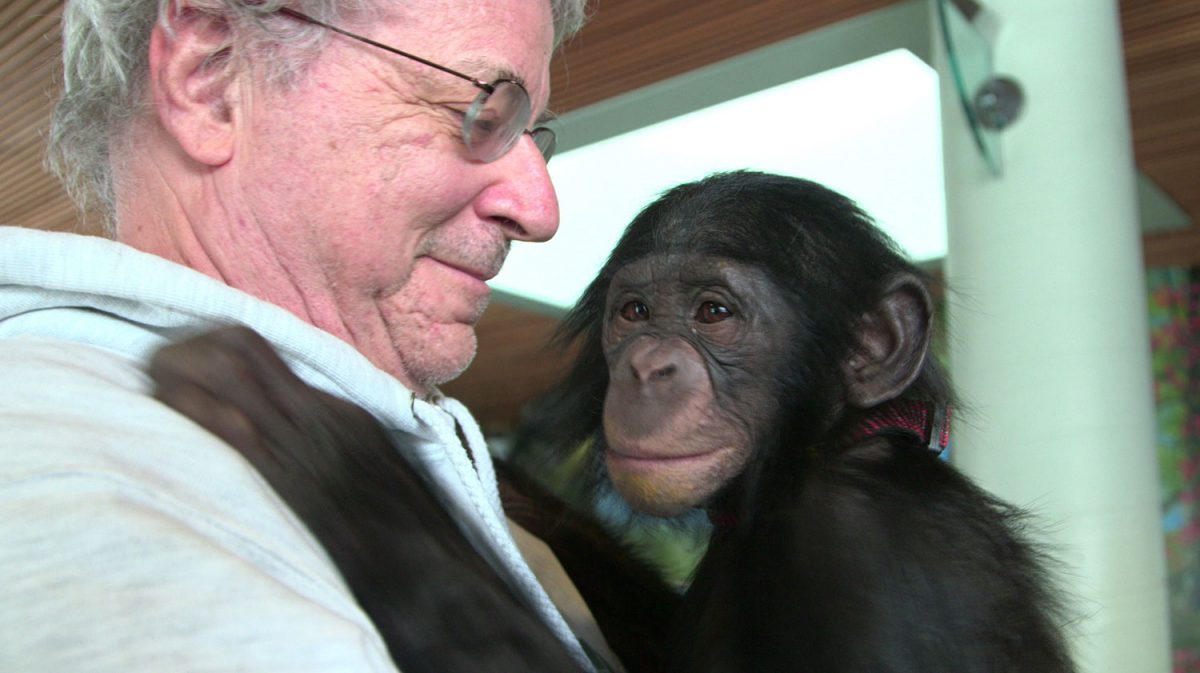
Steve Wise of The Nonhuman Rights Project
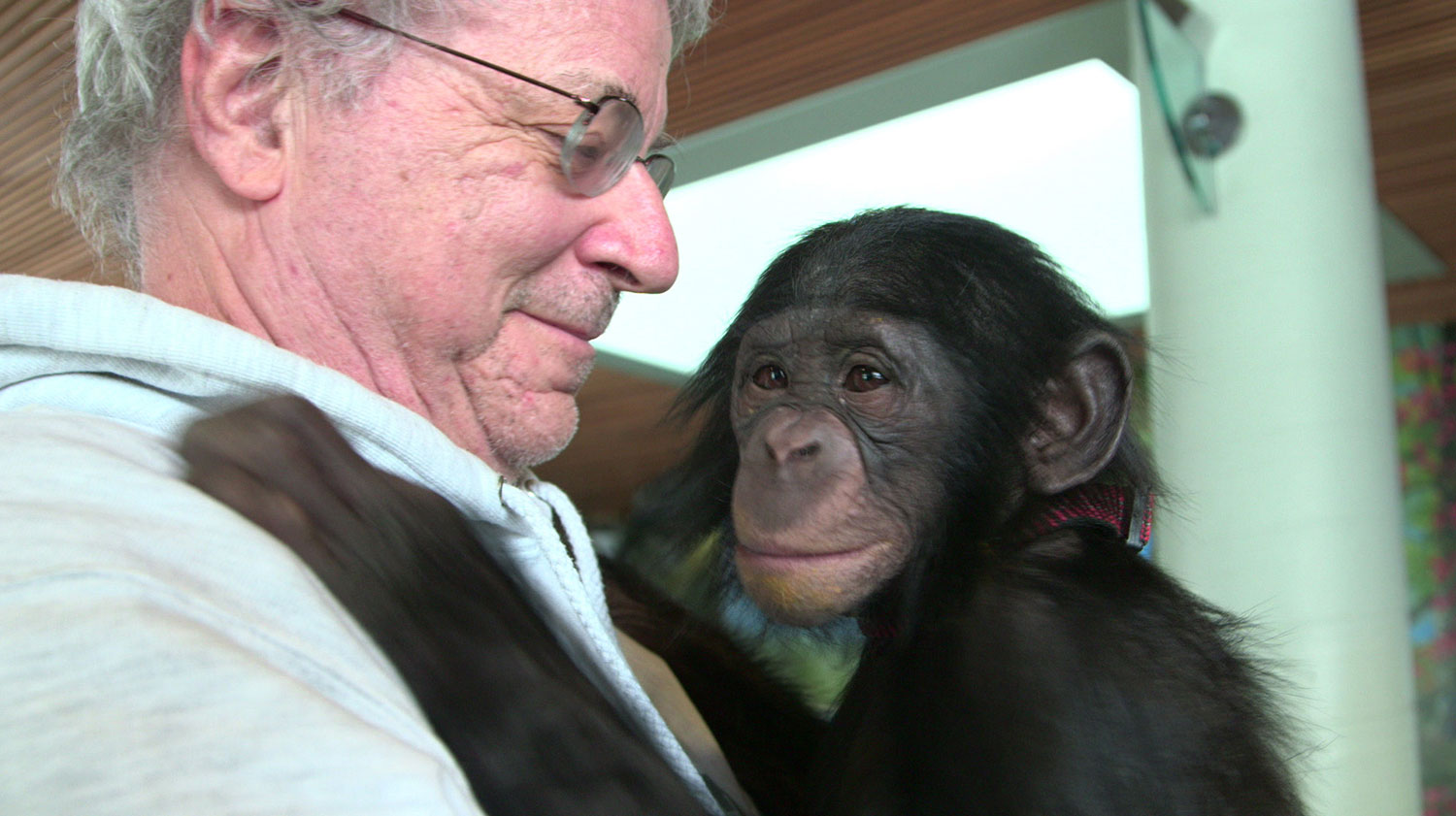
Steven M. Wise is founder and president of the Nonhuman Rights Project. He has practiced animal protection law for 30 years throughout the US and is the author of four books: Rattling the Cage – Toward Legal Rights for Animals; Drawing the Line – Science and the Case for Animal Rights; Though the Heavens May Fall – The Landmark Trial That Led to the End of Human Slavery; and An American Trilogy – Death, Slavery, and Dominion Along the Banks of the Cape Fear River. He holds a J.D. from Boston University Law School and a B.S. in Chemistry from the College of William and Mary. His TED Talk from the TED2015 Conference in Vancouver, Canada was released in May of 2015 and has over one million views.

Can you tell us about your background? Did you always love animals? Did you have pets?
I have a BS in Chemistry from the College of William and Mary and a JD from Boston University Law School. I have always been upset by the mistreatment of nonhuman animals and was writing to my state representative to complain about their mistreatment when I was in junior high school. I have spent almost my entire life living with rescue dogs and cats and spent many years defending dogs from the threat of execution. Some nonhuman animals I love. Some I like. And some scare the hell out of me. But I would fight for the interests of them all.
Some nonhuman animals I love. Some I like. And some scare the hell out of me. But I would fight for the interests of them all.
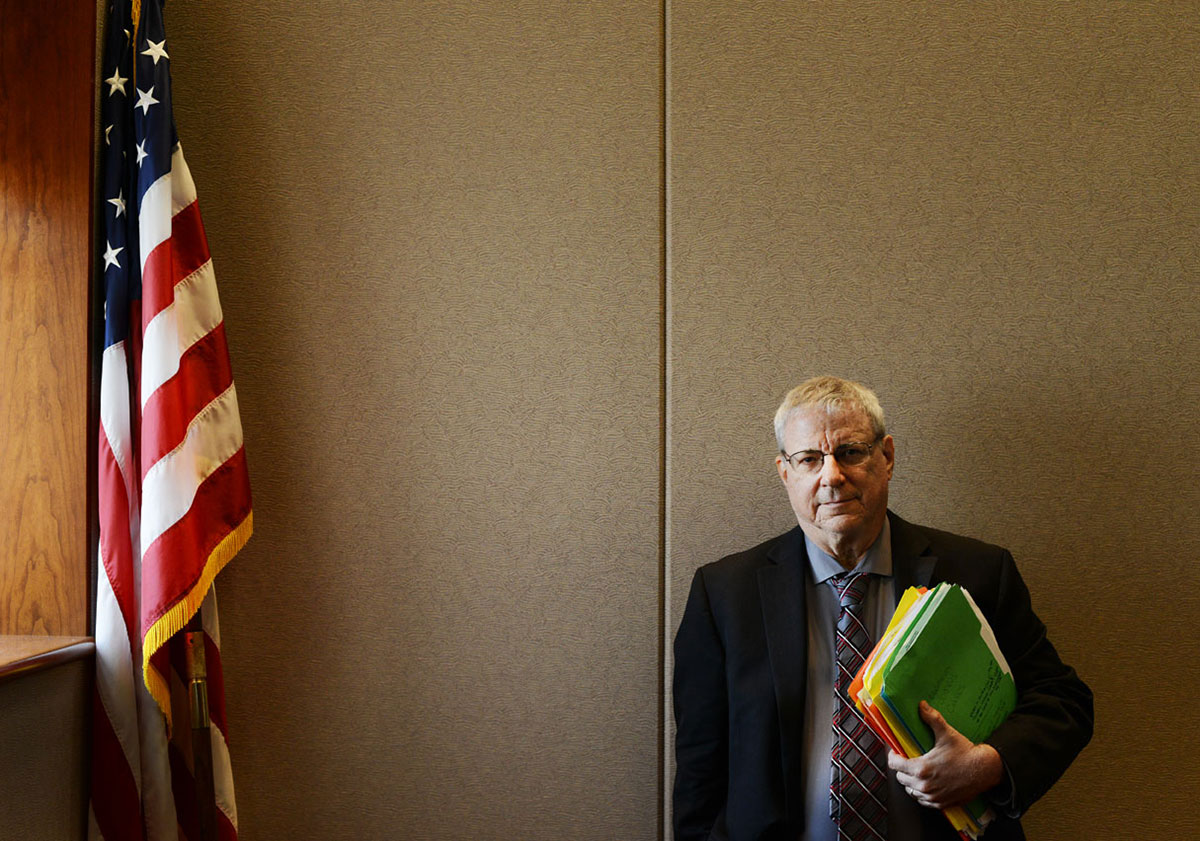

You have said that Animal Liberation by Peter Singer triggered you and changed the focus of your law practice overnight. What about the book specifically moved you?
At the time I encountered Peter’s book in 1980, I was already practicing law, doing criminal defense and personal injury work. Like many people, I hadn’t realized that humans were mistreating nonhuman animals in all these ways and at this horrific scale—and that I was a part of it. Once I became fully aware of how systemically nonhuman animals suffered, in the US and all over the world, I realized that no entities needed lawyers than they. I promptly told my law partner that from then on I was going to represent nonhuman animals instead of humans. Peter’s book moved me to devote the rest of my life to vindicating nonhuman animals’ interests.
A 26-year-old chimpanzee named Tommy, as seen in UNLOCKING THE CAGE, a film by Chris Hegedus and D A Pennebker.
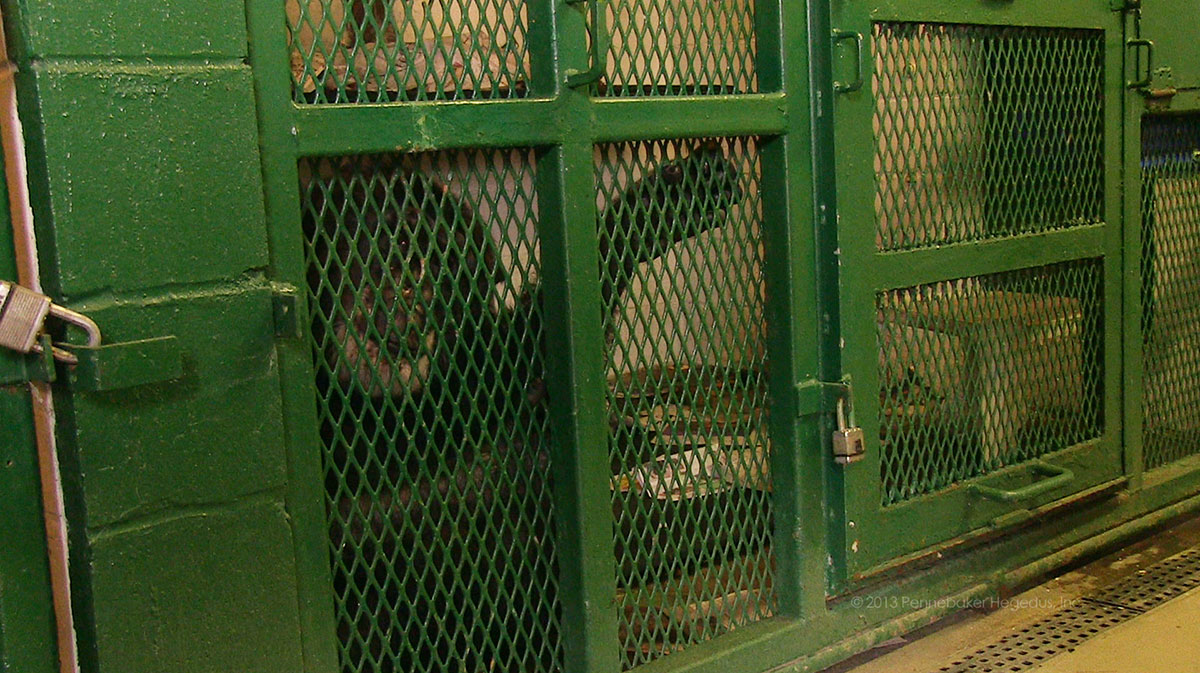

Can you tell us about your organization the Nonhuman Rights Project?
I founded the NhRP about 16 years after I read Animal Liberation and had begun to litigate on behalf of members of other species. It became clear to me in the course of my work that as long as all nonhuman animals are considered legal “things” without the capacity for even a single legal right—as they have always been in Western law—they and their interests will remain invisible to civil judges, who will always defer to human “owners” and their interests. This is the core problem facing all nonhuman animals and their advocates. If legal personhood is the grand-slam home run of civil law, then legal thinghood is the failure to make the team. “Things” have no hope of taking their turn at bat.
For the first decade or so, we focused solely on preparing litigation demanding recognition of the legal personhood and fundamental rights of self-aware, autonomous nonhuman animals. Then litigating cases. Self-awareness and autonomy are our key words because they are qualities that judges already value in determinations of human rights. Our first clients were four chimpanzees held in captivity in New York State; you can read more about them here.
A Chimpanzee named Merlin, as seen in UNLOCKING THE CAGE, a film by Chris Hegedus and D A Pennebker.
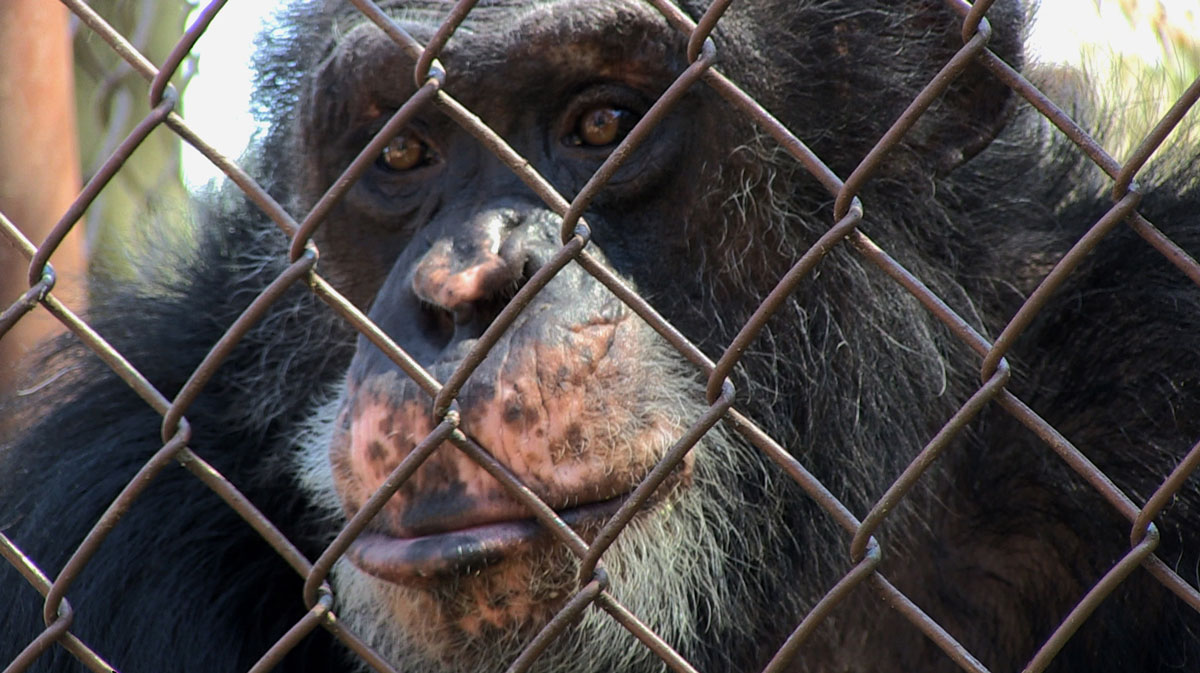
This past year we have also begun to turn our attention to legislation, specifically ballot initiatives, referenda, and ordinances, and coalition building, including outreach to and partnerships with animal advocacy, environmental, and human rights groups. For the past few years, we have been working with teams of attorneys on four continents to develop campaigns to achieve legal rights for nonhuman animals that are suited to the legal systems of these countries.
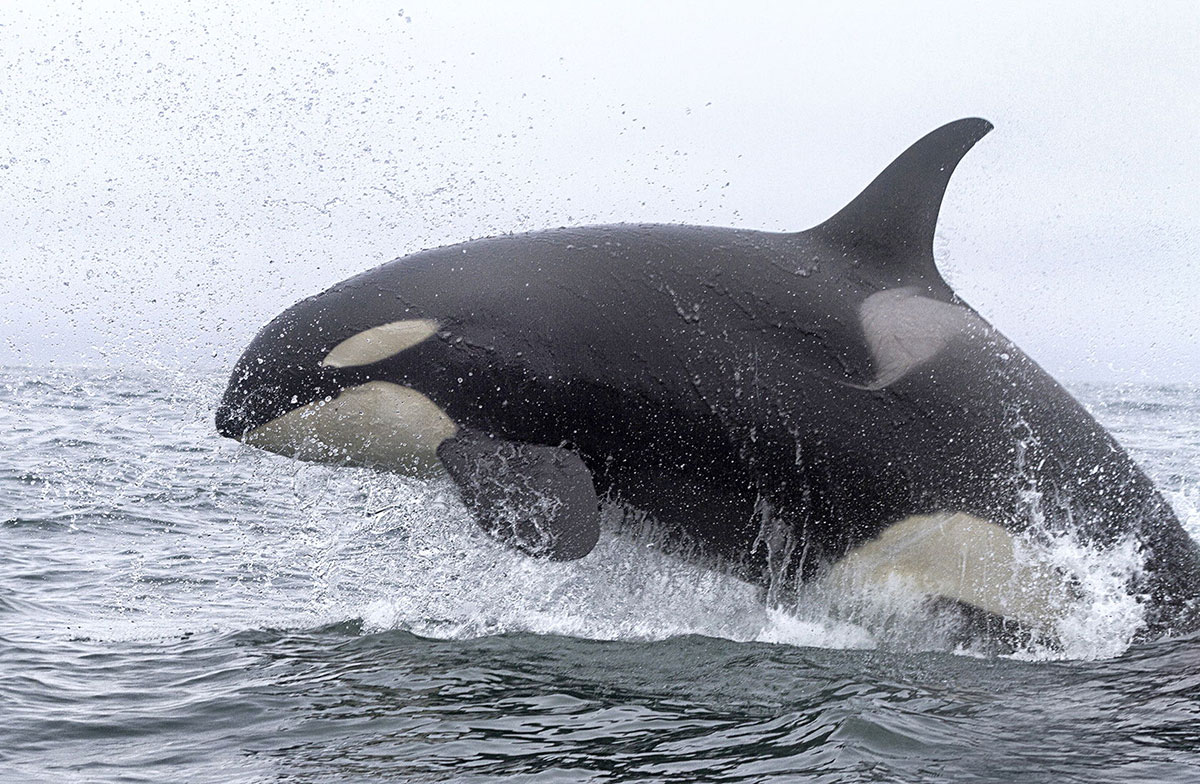

Your organization and lawsuits ask us to consider great apes, elephants and cetaceans as nonhuman persons. Do you feel all animals should have these basic rights? Are there any other species that you strongly considered including outside of apes/elephants and cetaceans?
We’ll go wherever the science takes us. As we make clear, we argue that autonomy is a sufficient, but not a necessary, condition for recognition of legal personhood and fundamental rights for nonhuman animals under the common law. We are open to filing suit on behalf of any species proven to be autonomous. But we remain ready to litigate based upon other criteria that are accepted generally by courts (the latter would require the development of a different legal arguments). In these early stages of our work, however, we are focusing only on great apes, elephants, dolphins, and whales.
A bonobo named Kanzi, as seen in UNLOCKING THE CAGE, a film by Chris Hegedus and D A Pennebker.
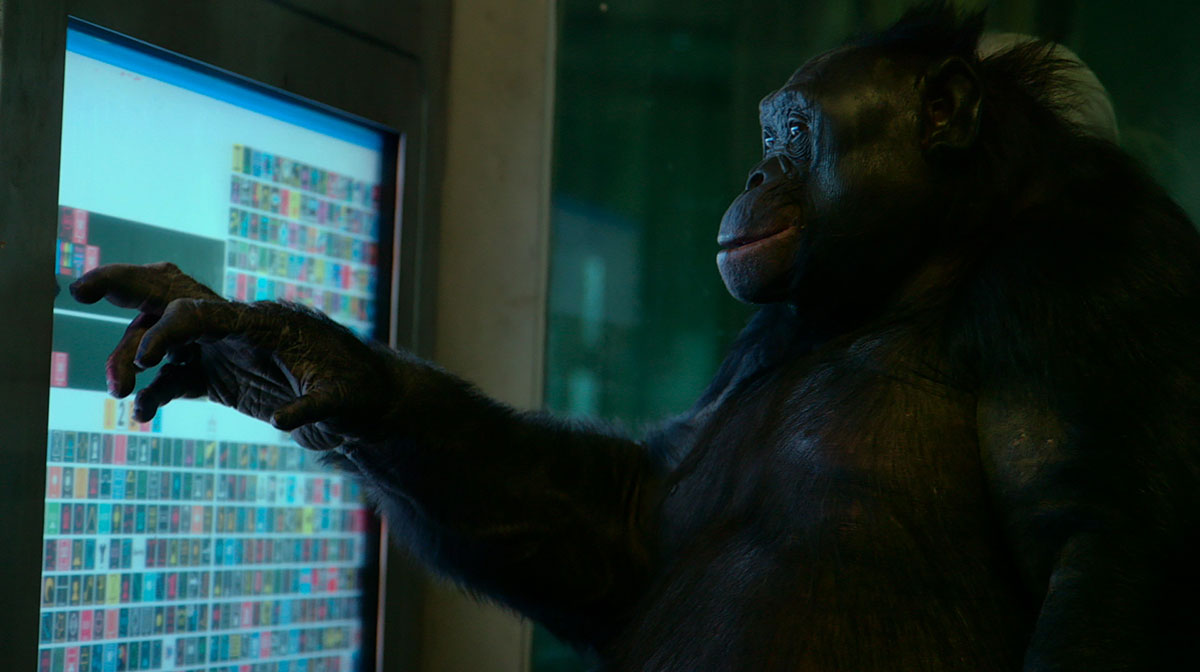

What do you feel is the most compelling evidence in your case that supports your belief that they are nonhuman persons?
We can prove that they are autonomous beings, which we argue is sufficient, though not necessary, for at least such a fundamental legal right as bodily liberty.
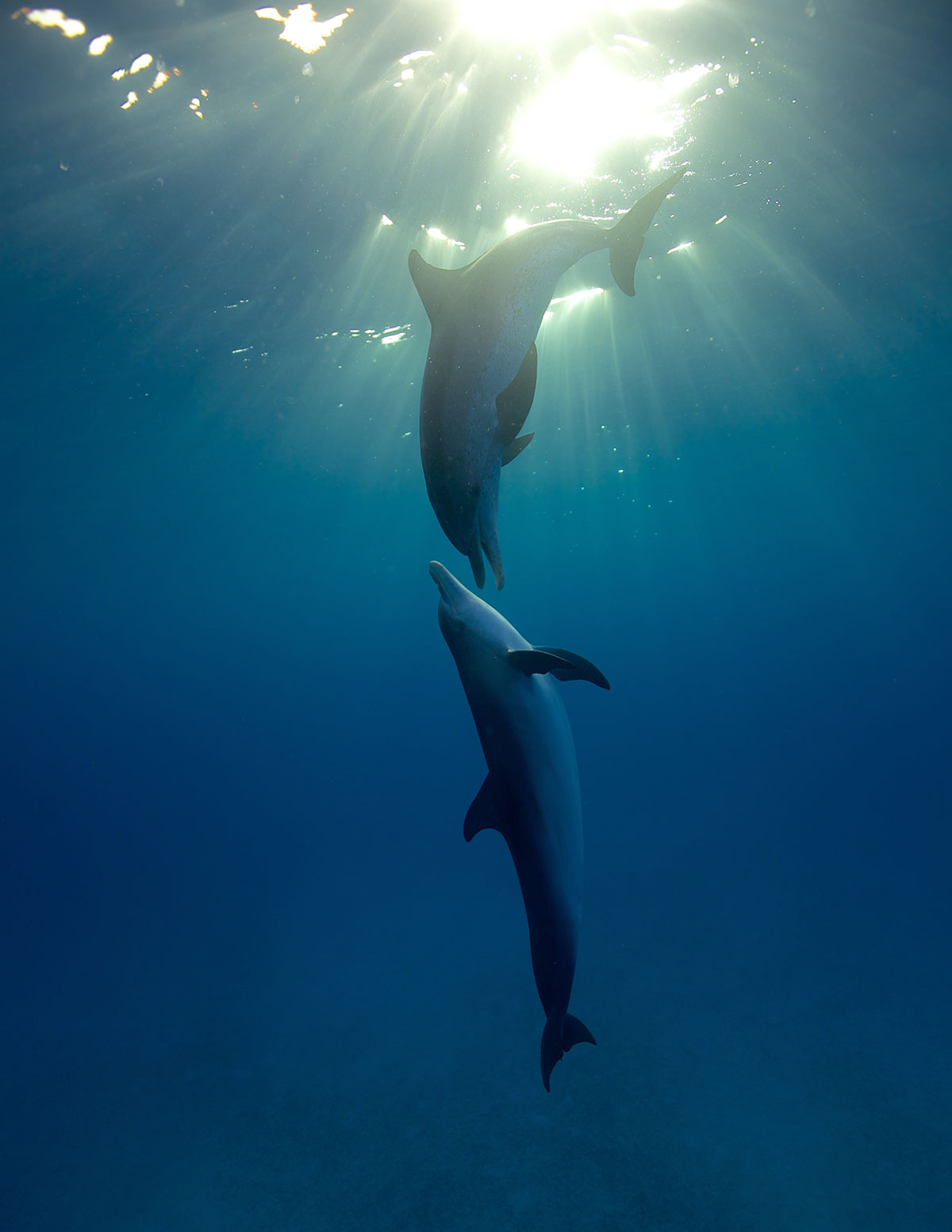
Why do you feel this is not an animal welfare issue?
We know it’s not an animal welfare issue because our clients’ situations are considered perfectly legal under existing animal welfare laws, which do not take into account depriving them of their bodily liberty. Then there is the irrationality and injustice of our clients having the same legal status as a TV or car. Our cases are not about whether they are being treated well or ill in captivity—they’re about whether they should be held in captivity at all.
We know it’s not an animal welfare issue because our clients’ situations are considered perfectly legal under existing animal welfare laws
Can you explain what you mean that a chimp can be a legal person but not a person?
A legal person is any entity with the capacity of bearing one or more legal rights. This is distinct from person in the colloquial or philosophical sense of the term.
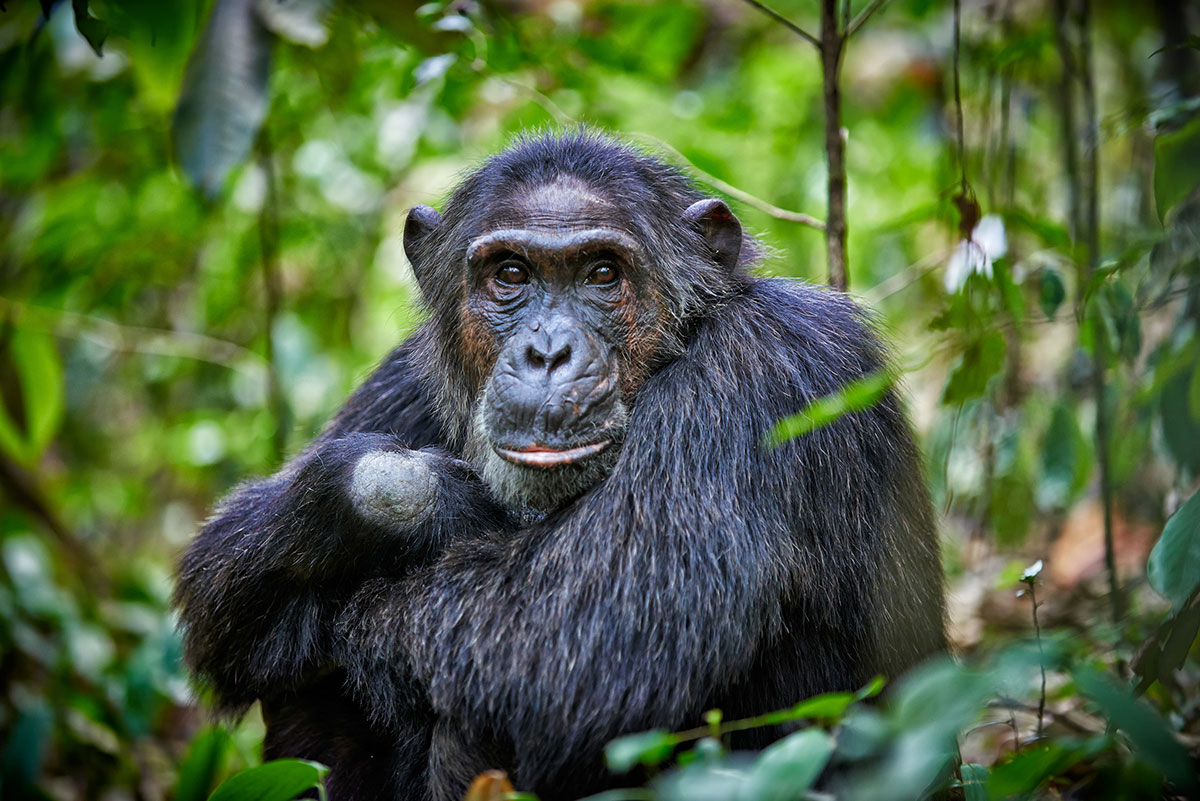

Were you surprised by the media storm that has surrounded this case?
The enormous and ongoing media interest simply confirms our belief that the time has come for at least some nonhuman animals to have fundamental legal rights that protect their fundamental legal interests in bodily liberty and bodily integrity.
In 2015 all chimps were classified as endangered, which I assumed meant the end of lab experiments on chimps. If that’s the case, why are they not all being released to sanctuaries?
Under the protections newly extended to captive chimpanzees under the ESA, researchers cannot use them in experiments unless they can demonstrate that the experiments will benefit the chimpanzees in some way, but the protections do not entail immediate release to sanctuaries for any chimpanzee. This we still have to fight for.
Have you met Hercules and Leo? Will Hercules, Leo, Tommy, and Kiko be released to sanctuaries?
I have been prevented from meeting Hercules and Leo. We cannot predict what will happen in our cases and campaigns but we will never stop working to free our clients to appropriate sanctuaries.
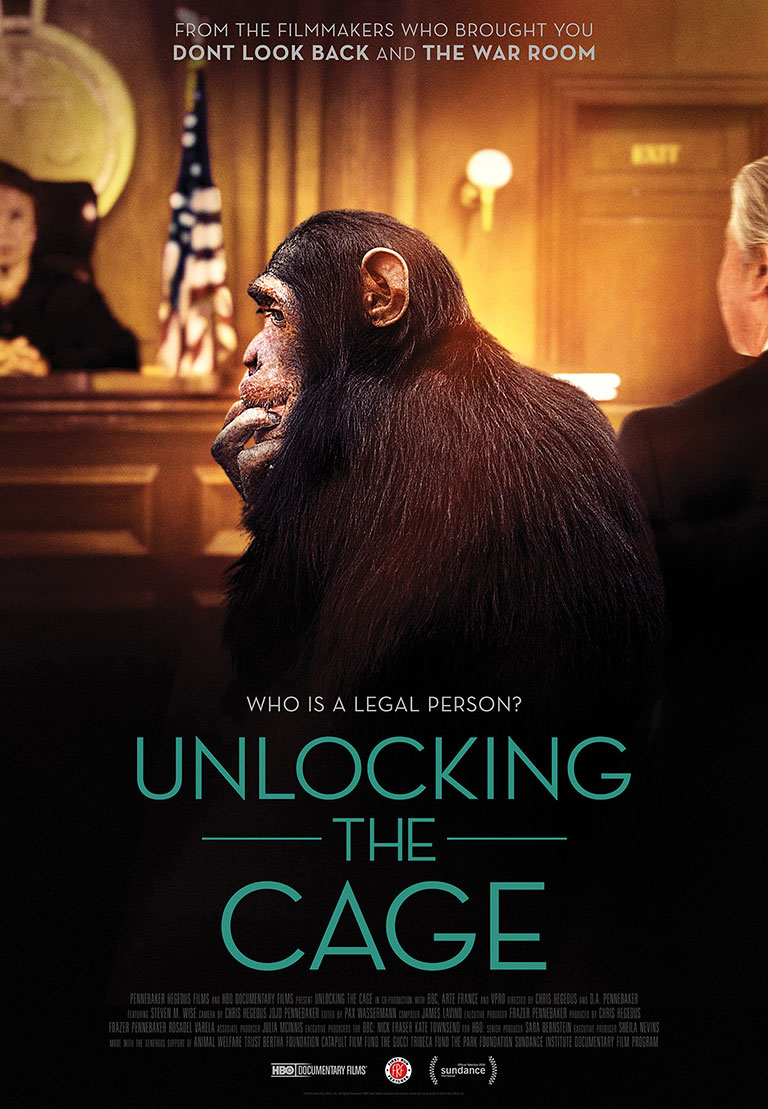
Animal rights lawyer Steven Wise in court, as seen in UNLOCKING THE CAGE, a film by Chris Hegedus and D A Pennebker.
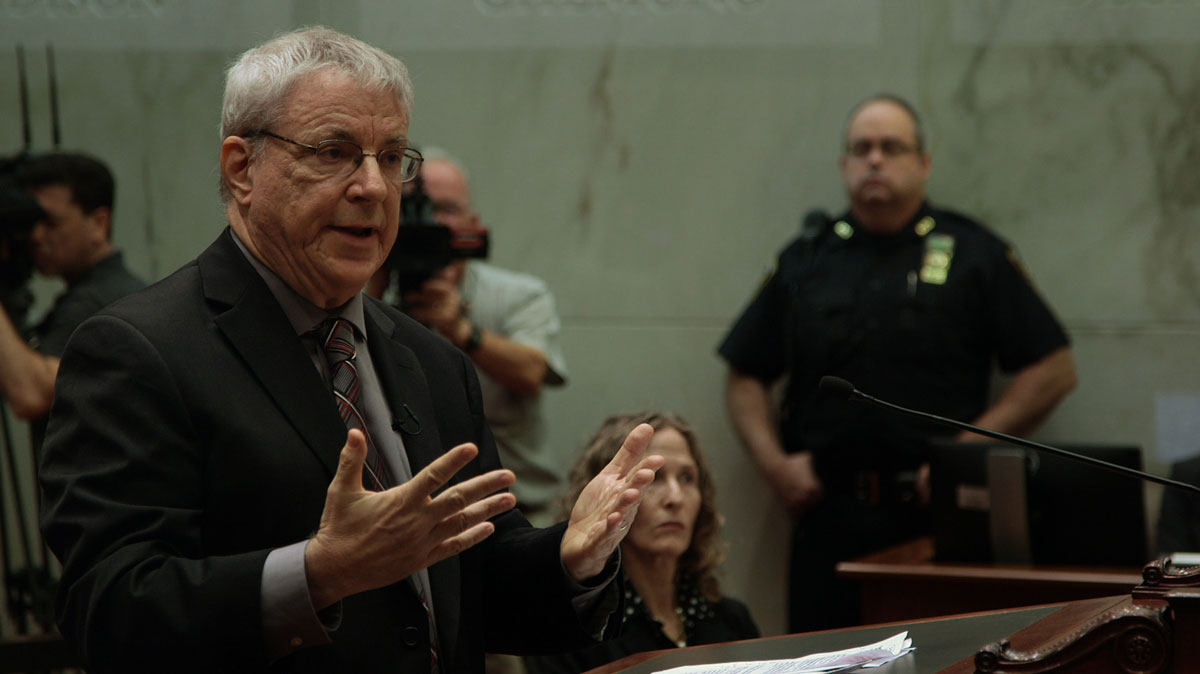

What is next for you and your organization? You mentioned a case involving elephants? Can you tell us a bit more about it?
Our next lawsuit will be a habeas petition on behalf of captive elephants in a second state, demanding recognition of their legal personhood and fundamental right to bodily liberty and their immediate release to Performing Animal Welfare Society’s sanctuary. As in our lawsuits on behalf of captive chimpanzees, our arguments will be based on robust, abundant scientific evidence of elephants’ cognitive and emotional complexity.
We are working on appealing Tommy’s and Kiko’s cases to New York’s highest court, the Court of Appeals, after a Manhattan court denied them personhood and rights in an incoherent, inconsistent, and arbitrary decision. We invite your readers to read our complete annotation of the decision, pointing out how and why it’s legally wrong, and decide for yourself.
We are also preparing litigation in a third state also on behalf of chimpanzees and preparing a lengthy fight, both legislative and judicial, on behalf of the orcas whom SeaWorld is detaining against their will in San Diego.
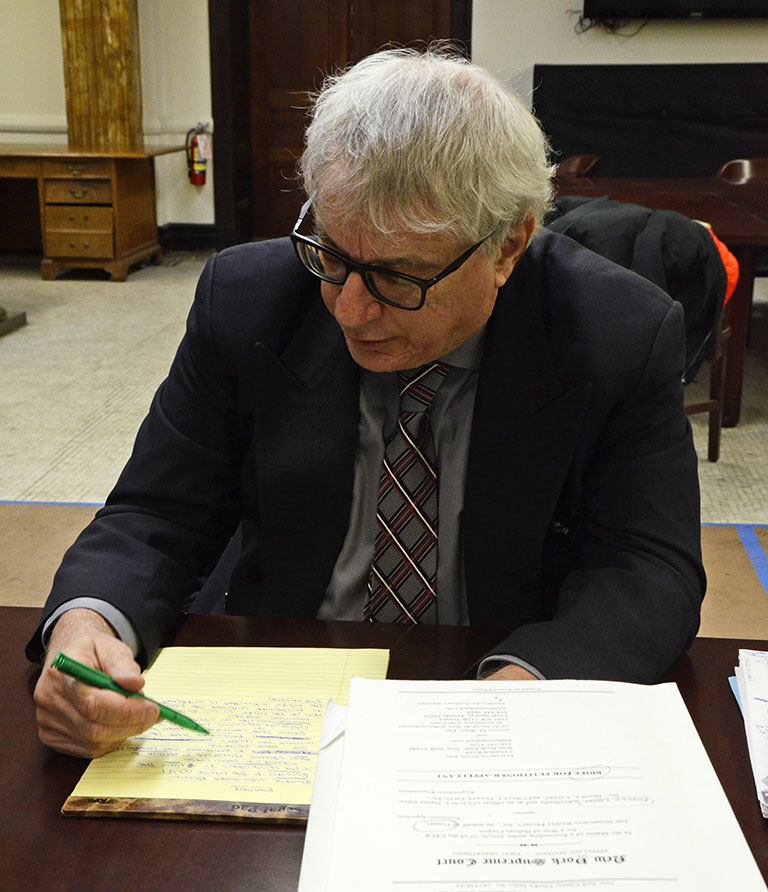
Lastly, we are continuing to work with teams of attorneys outside the US to develop rights-based campaigns and litigation suited to their countries’ respective legal systems. As we in the US begin to chip away at the legal wall that separates all humans from all nonhuman animals—a process will take time, given how thick and high this legal wall is—an international nonhuman movement is beginning to take form. You can read about these legal working groups here. What is clear to nonhuman rights advocates everywhere is that we know too much about other species not to consider the irrationality and injustice of a legal status quo that recognizes the fundamental rights of humans alone.
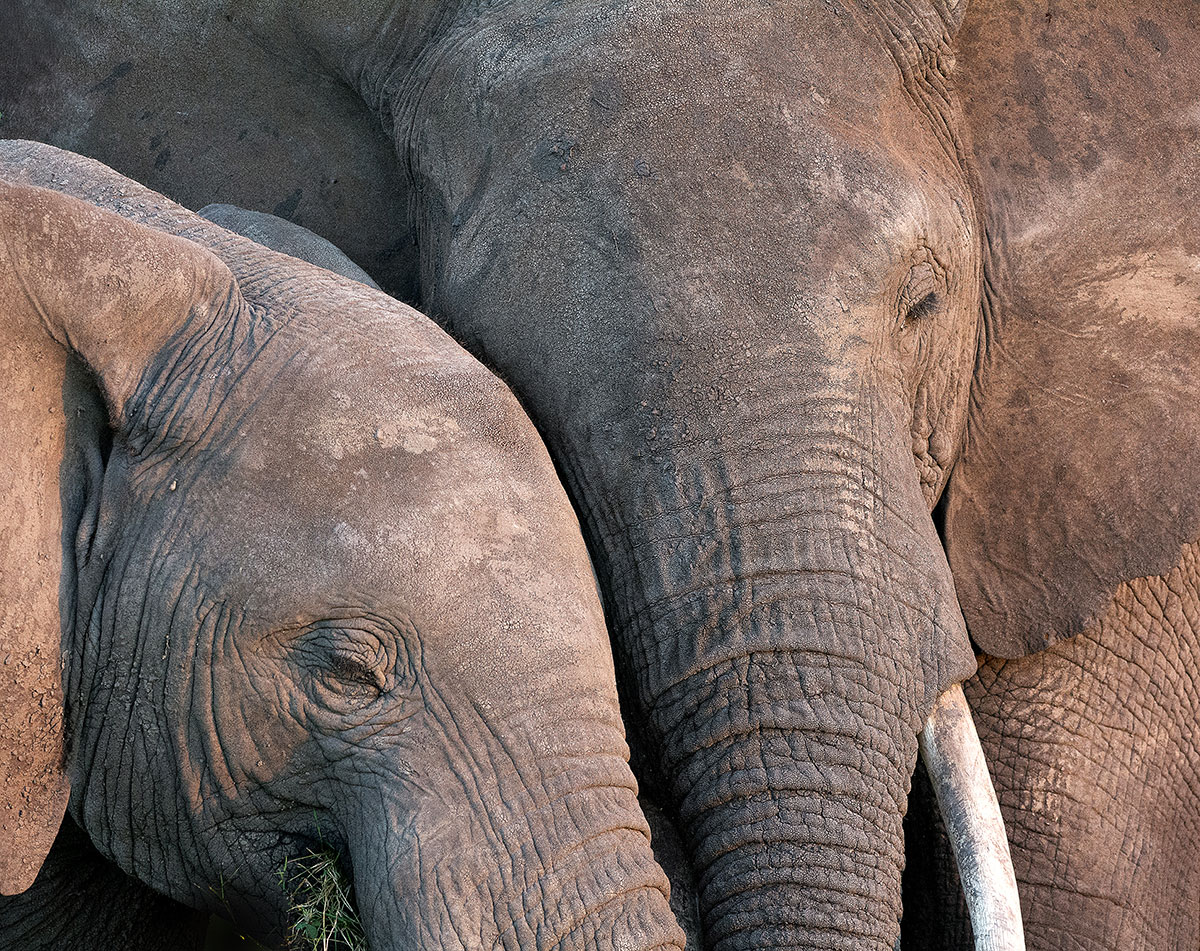

Visit the website for The Nonhuman Rights Project
Follow them on:

